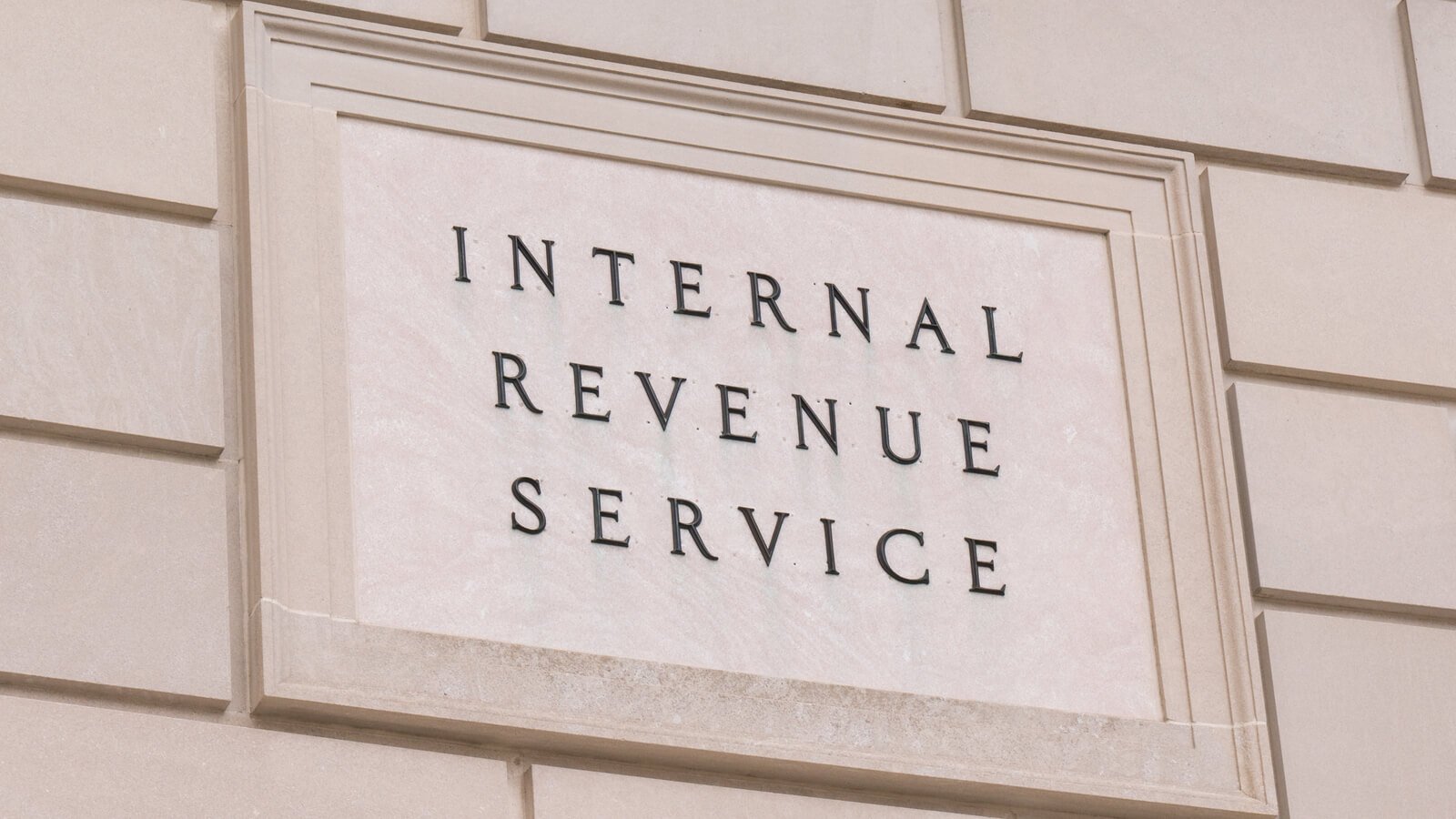You had a functioning LLC, and then you didn’t. But now you’re ready to get back to business. How do you get your LLC reinstated? Is it even an option? And is it ever a better idea to just start over?
The basics
- An LLC can be dissolved voluntarily, administratively, or judicially.
- Your potential reinstatement depends on the state in which you operate and the way your LLC was shut down.
- If you can have your LLC reinstated, it’s usually easier and cheaper than forming a new one.
Can a dissolved LLC be reinstated?
It is definitely possible! Different states have different rules, and it can also depend on why your LLC was closed in the first place. It also matters how long the LLC was inactive, and if anyone else has decided to use your name once it became available.
An LLC can be closed with a voluntary dissolution, an administrative dissolution, or a judicial dissolution.
Voluntary dissolution
A voluntary dissolution is exactly what it sounds like: you made the decision to close down yourself. The shareholders or members have voted on it, it’s been agreed, and the LLC will be shutting down.
In this scenario, you still have to pay off debts, distribute remaining assets, and otherwise clean up shop before you close. The money has to go somewhere.
In some states, an LLC that has been voluntarily dissolved cannot be reinstated. The legal entity ceases to exist. In other states, a voluntarily dissolved LLC is fairly straightforward to reinstate. Make sure you know the regulations in your state so you’re aware of your future options.
Administrative dissolution
An administrative dissolution usually goes through the state-level Department of State and is a consequence of failing to fulfil some kind of administrative requirement like paying taxes or fees or filing certain annual reports.
Once this happens, the LLC can no longer operate, but the company can file an application for reinstatement. As long as you’ve gotten caught up to date with any fees or reports, reinstatement is usually granted.
Judicial dissolution
Sometimes known as the “corporate death penalty,” a judicial dissolution is the most serious of the three. It means your company has been ordered by a judge to dissolve, usually for some kind of significant wrongdoing.
Sometimes, one member of an LLC will want to shut down and the others will not, in which case a judicial dissolution might be sought by the member who wants to shut down. However, this is a remedy that is rarely granted, and there needs to be a very compelling reason why the LLC absolutely cannot continue operating.
Once your LLC has been shut down by the courts, that’s usually it. The company is gone.
Why reinstate an LLC?
Okay, so it’s possible to reinstate an LLC. But should you? Or is it a better idea to just start over and create a new one?
The case for reinstating
If reinstatement is an option, it’s usually a pretty appealing one. You can take advantage of your old customer base and brand loyalty, as well as anything you still have with your original name and logo on it.
It’s also usually cheaper to reinstate an LLC in terms of application fees and other administrative costs. Since you’re reactivating something that already exists rather than building something totally from scratch, it’s a much more straightforward process.
If you’re legally able to reinstate, it’s usually a decent idea. But it can help to look at why the business was shut down before and make sure you have a plan to avoid that.
The case for making a new one
The biggest reason for forming a new company instead of reinstating your old one is simple: sometimes you have to. If your company was ordered to shut down and you’re not legally able to apply for reinstatement, you have no choice but to create a new one if you want to operate again.
Additionally, it can sometimes be a good idea to start from scratch if there is some kind of public controversy or other reputational risk around your old brand identity. In those cases, a fresh start is probably the better move.
Reinstating an LLC in Florida
The rules around reinstatement vary from state to state, so let’s take a closer look at one state in particular: Florida.
Can an LLC be reinstated in Florida?
Florida happens to be one of the states in which it’s pretty easy to get an LLC reinstated. As long as you file a completed reinstatement application, pay all outstanding fees and penalties, and submit an up-to-date annual report, your business should be operating again very soon.
The reinstatement fee can vary from $100-600.
If your LLC was dissolved voluntarily, rather than administratively, you have up to 120 days to undo it. Technically this isn’t a reinstatement, but rather a “revocation of dissolution,” but the results are the same: your LLC is operational again.
However, if it was a judicial dissolution, your LLC is gone for good.
| 😤 Somebody took my name! Unfortunately, if your LLC has been inactive for over a year, your name is up for grabs and another company can take it. In this case, upon reinstatement the state will include instructions on amending your name. |
Should you reinstate your Florida LLC or make a new one?
Reinstatement in Florida is much cheaper and easier than forming a new LLC, so unless you have specific reasons why you can’t or don’t want to have your original LLC reinstated, that’s what you should do.
Bottom line
Whether you’re able to apply to reinstate your LLC or not depends on several factors, such as the state you operate in and the way the LLC was dissolved. When you’re able to reinstate, that tends to be the better option.
Got any questions about how to form a business in the first place? For this and other expert advice on taxes and accounting for small business, schedule a call with DiMercurio Advisors today.








